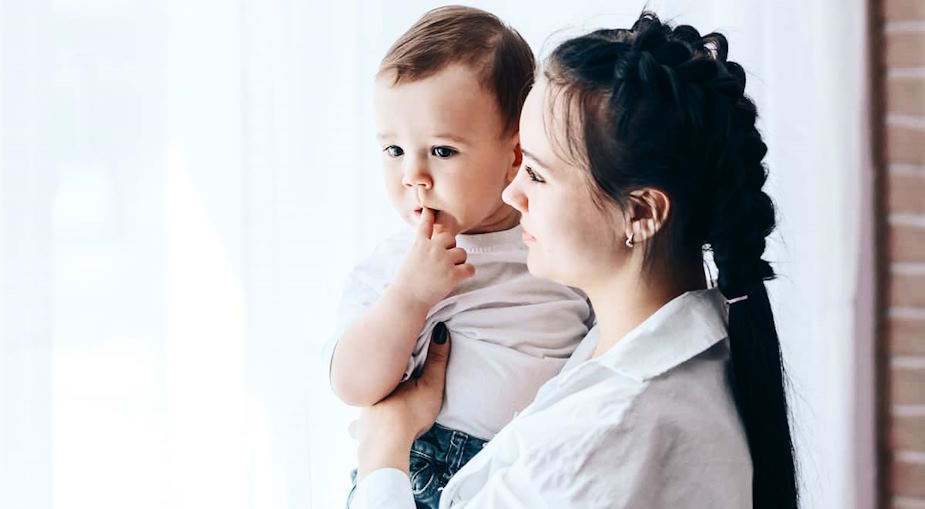
In the intricate tapestry of modern parenting, a prevailing emotion often weaves its threads into the lives of mothers—the profound and often overwhelming sensation known as “mom guilt.” This emotional experience, characterized by feelings of inadequacy, self-doubt, and anxiety, has become an almost ubiquitous companion on the parenting journey. As societal expectations and the unattainable pursuit of perfection take center stage, many parents find themselves grappling with the insidious weight of comparing their efforts to an idealized standard. However, within the realm of parenting, perfection remains an elusive myth, and the pursuit of it can lead to undue stress for both parents and children.
Embracing Imperfection in Parenting
Recognizing the Myth of “Perfect” Parenting
In today’s world, the image of the “perfect” parent often takes center stage, meticulously crafted and perpetuated by media platforms. From flawless Instagram snapshots to sensationalized reality TV shows, a seemingly unattainable standard of parenting prevails. However, it’s vital to recognize that these portrayals are mere fragments of reality, carefully curated to project an idealized version. Challenging the idea of a one-size-fits-all approach is crucial as every child is unique, and what works for one may not work for another. Comparing our parenting journey to these manufactured ideals only fosters feelings of inadequacy, which in turn feeds into the cycle of mom guilt.

The Benefits of Embracing Imperfection
Embracing imperfection is not a surrender to mediocrity; rather, it’s a brave step towards realistic and authentic parenting. By letting go of the unattainable goal of perfection, we free ourselves from the immense pressure that often leads to heightened stress and anxiety. When we accept that mistakes and setbacks are an integral part of parenting, a sense of liberation washes over us. This newfound perspective paves the way for a healthier parent-child dynamic. Children learn essential life skills, like resilience and adaptability, when they witness their parents navigating challenges and uncertainties with grace.
Strategies for Managing Mom Guilt
Practicing Self-Compassion
One of the most potent tools in combating mom guilt is self-compassion. It involves acknowledging that no parent is immune to mistakes and that these slip-ups are natural parts of the journey. By embracing the reality that imperfections are universal, we can free ourselves from the burden of unrealistic expectations. Treating oneself with kindness and understanding in moments of self-doubt is key to breaking the cycle of guilt and fostering a healthier self-image.
Setting Realistic Expectations
Creating a roadmap for managing mom guilt starts with setting attainable expectations. Prioritizing tasks and goals empowers parents to focus on what truly matters, rather than getting entangled in trivialities. Learning to say “no” and establishing boundaries ensures that energy is channeled into endeavors that align with family values. By recognizing and respecting personal limits, parents can shield themselves from overcommitting and the subsequent guilt that follows.

Seeking Support and Community
Navigating the labyrinth of parenthood is often easier when you’re not alone. Connecting with other parents who understand the struggles and joys can be immensely comforting. These shared experiences foster a sense of belonging and normalcy in the face of mom guilt. Moreover, the exchange of advice and stories enables parents to glean insights that may prove invaluable on their own journeys.
Mindfulness and Staying Present
Moments of guilt often arise from dwelling on the past or fretting about the future. Practicing mindfulness—the art of staying present—can help anchor parents to the moment. Letting go of past mistakes frees up mental space to focus on the now. Concentrating on positive moments, no matter how small, allows parents to reframe their perspective and acknowledge the many wonderful aspects of their parenting journey.


